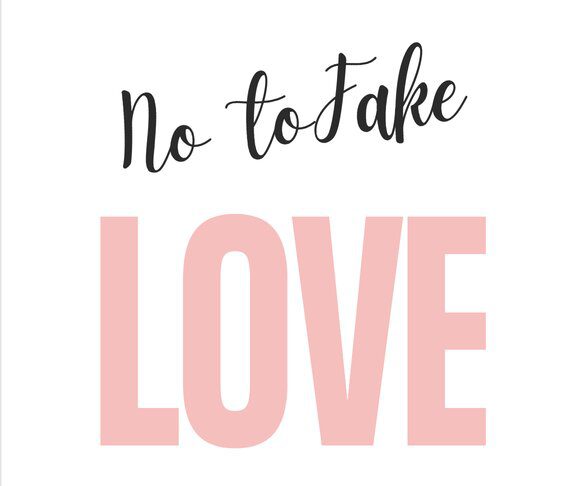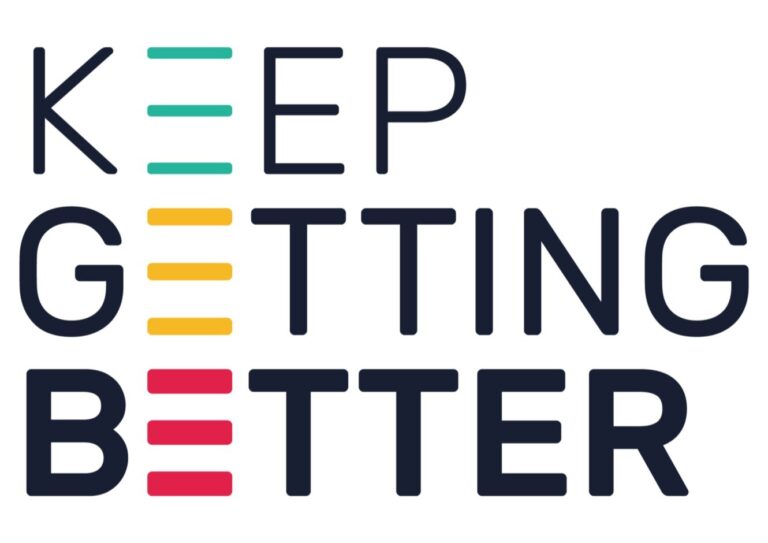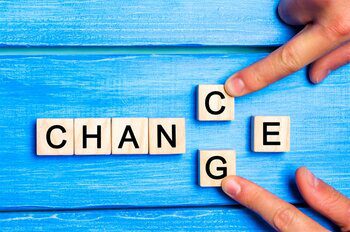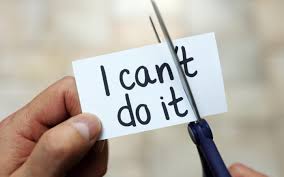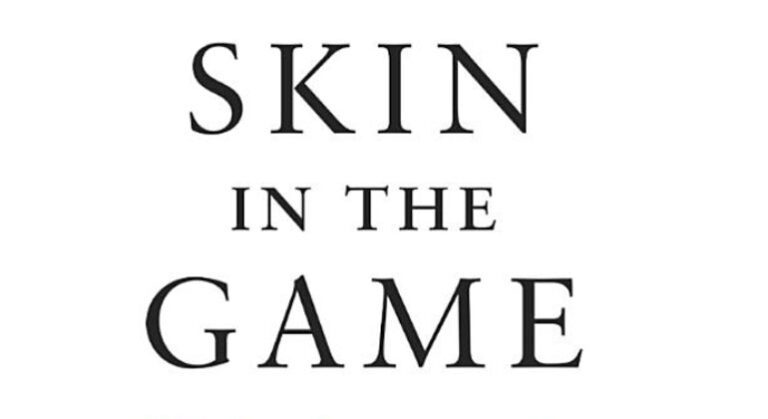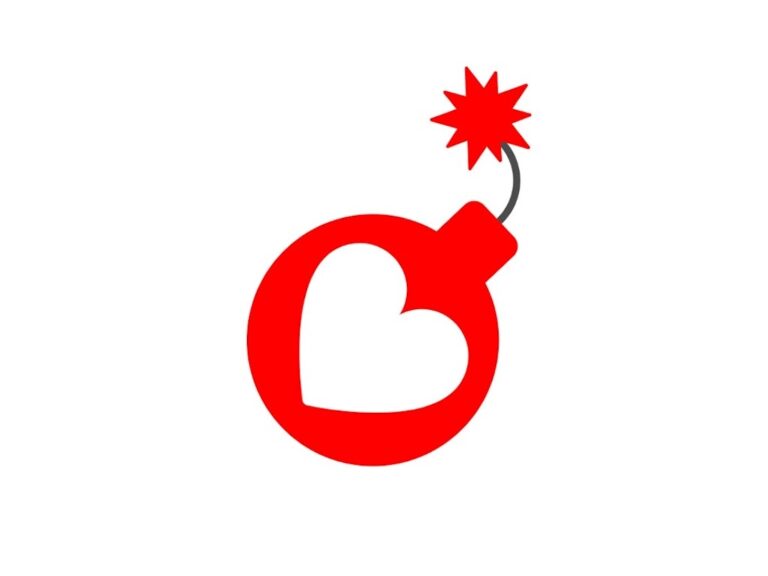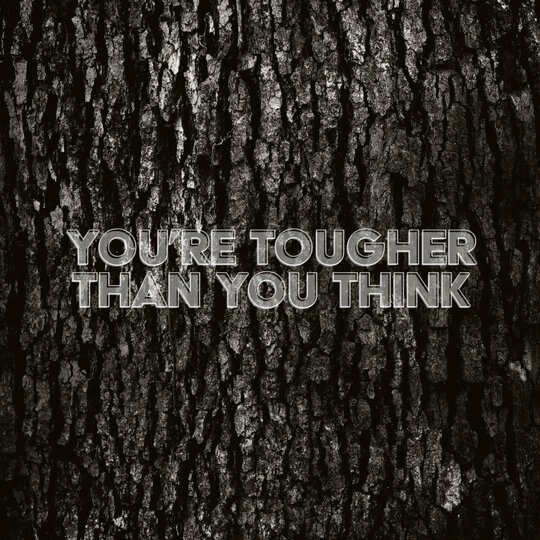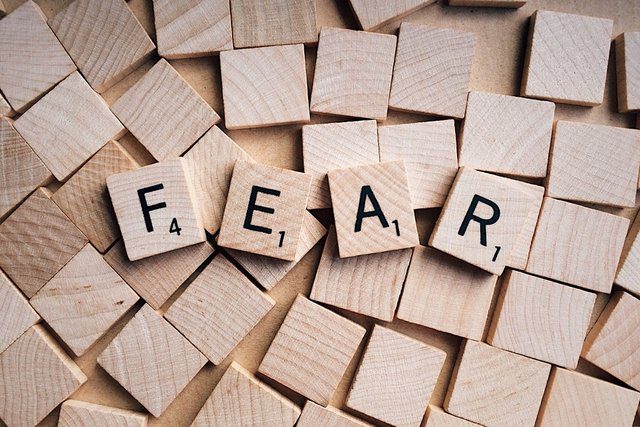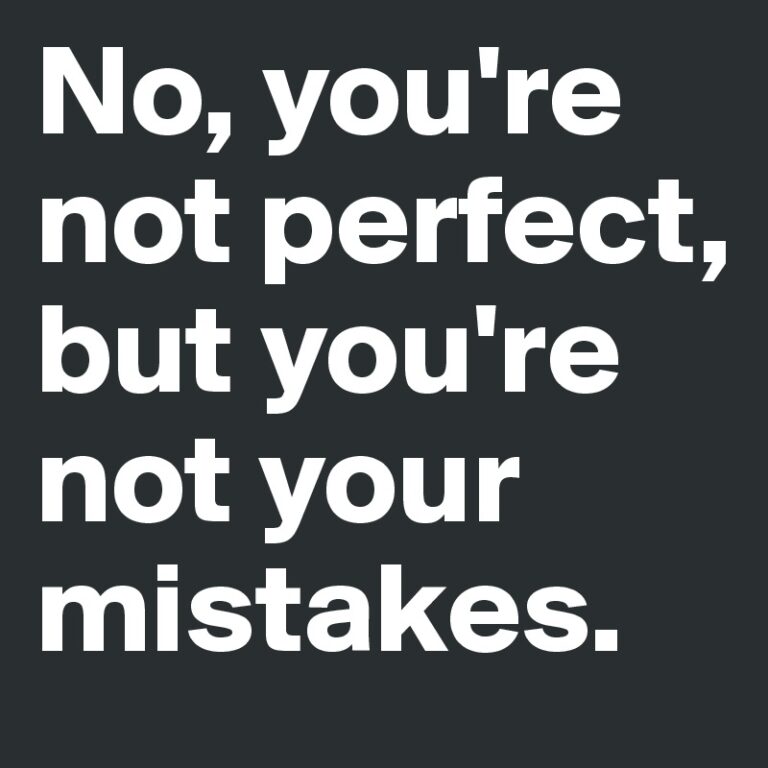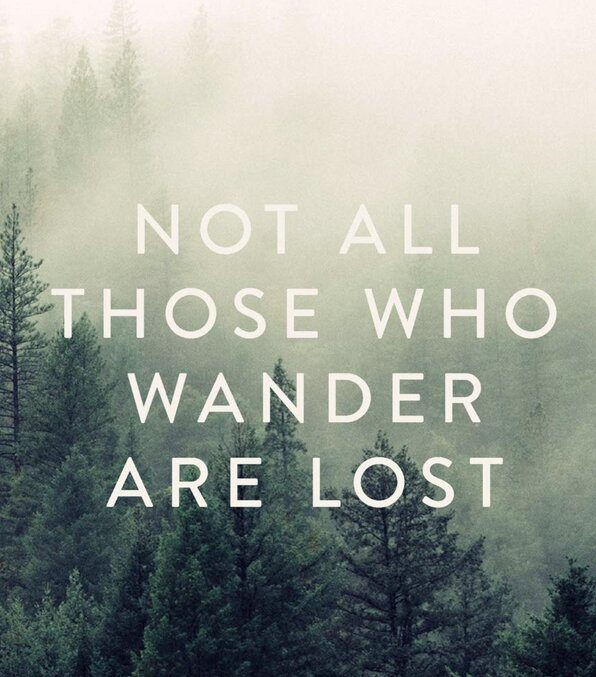If you live casually, you end up a casualty.
Your mum was right; she probably admonished you with one of these statements: “Don’t hang around the wrong crowd,” and “If you lie down with dogs, you get up with fleas.” This is one of the few things that most parents get right: being able to spot and advise their children against hanging around wrong influences. They know this because they know what hanging around bad influences did to them and the consequences of not setting healthy boundaries against bad associations. Keeping fake and toxic people around you could get you killed, as they do not have your best interest at heart. For most of us, because of the fear of loneliness, we hang on to energy drainers, dream killers, frenemies disguised as siblings, parents, childhood friends and colleagues.
